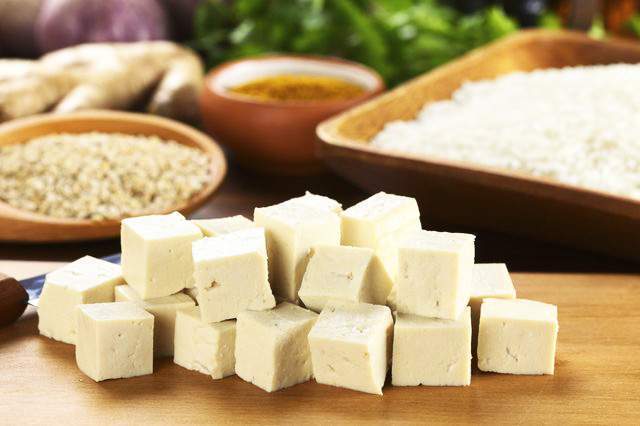For those who have been diagnosed with hypothyroidism, you’ve probably experienced various symptoms from depression, fatigue, constipation, and other health issues. This can affect your day-to-day activities especially when you are already in your senior years because your underactive thyroid means that there are not enough hormones being produced.
Keep in mind that your thyroid is the one responsible for creating hormones that play a part in your metabolism, body temperature, blood pressure, and mood even. Although taking thyroid hormone replacement every day is one way to help bring back the normal hormone levels in your body, you can also make your diet work for your thyroid by adding the following foods:
Nuts
Nuts are rich in selenium making it one healthy snack to have with you. You can even add it in stir-fries and salads too. There are different types of nuts that you can add to your diet such as macadamia nuts, Brazil nuts, as well as hazelnuts. Make sure that you keep an eye on your portion since nuts also contain fats which can be dangerous in excess.
Fatty fish
Fatty fish, like mackerel and salmon, are known to contain high amounts of omega-3 fatty acids which can reduce inflammation in the body. If you are worried that wild-caught fish contains mercury, the selenium in them actually binds the mercury for it to be removed from the body.
Fresh fruits and veggies
One of the symptoms of hypothyroidism is gaining weight which can be countered by adding low-calorie but high-density foods like fresh vegetables and fruits to your meals. Think sweet potatoes, blueberries, green peppers, and cherries since they are high in antioxidant content which can reduce one’s risk of heart disease. However, limit your intake of cruciferous vegetables such as cabbage and broccoli since they can inhibit absorption of iodine which is essential to thyroid function.
Grass-fed meat
Protein sources like grass-fed meat is also a good option to consider for your diet since it is also high in omega-3 fatty acids including vitamins A and E. It also has vitamin B12 which is a water-soluble vitamin that those who have hypothyroidism is missing. Adding this food to your diet can help improve your hormone levels significantly.
Seaweed
Another option to consider when you have hypothyroidism is seaweed since it packs plenty of iodine which is necessary for thyroid function. Think wakame, nori, or dulse even which can be added to your meals easily. Aside from iodine, seaweed comes with calcium, fiber, as well as a host of vitamins like A, B, C, K, as well as E.
Bone broth
For sure you have been fed soup when you were a kid especially when you’re sick. This is not surprising as this age old remedy is high in amino acids, specifically proline and glycine, which are known to help detoxify the body. The collagen that bone broth contains helps improve the intestinal wall which can also treat leaky gut. It has been found that leaky gut contributes to autoimmune disease. By adding bone broth to your diet, you will be able to repair your immune system which can also help with your thyroid problem.
Beans
This is one versatile and cheap food that can help you when you have a thyroid problem. You see, beans have antioxidants, vitamins, carbohydrates, minerals, as well as protein which your body needs. What’s more, beans have fiber too which can help treat constipation which is common in hypothyroidism. Beans can be added to salads, soups, stews, and the like. This may take some time getting used to, but you’ll love the texture and flavor that they have.








